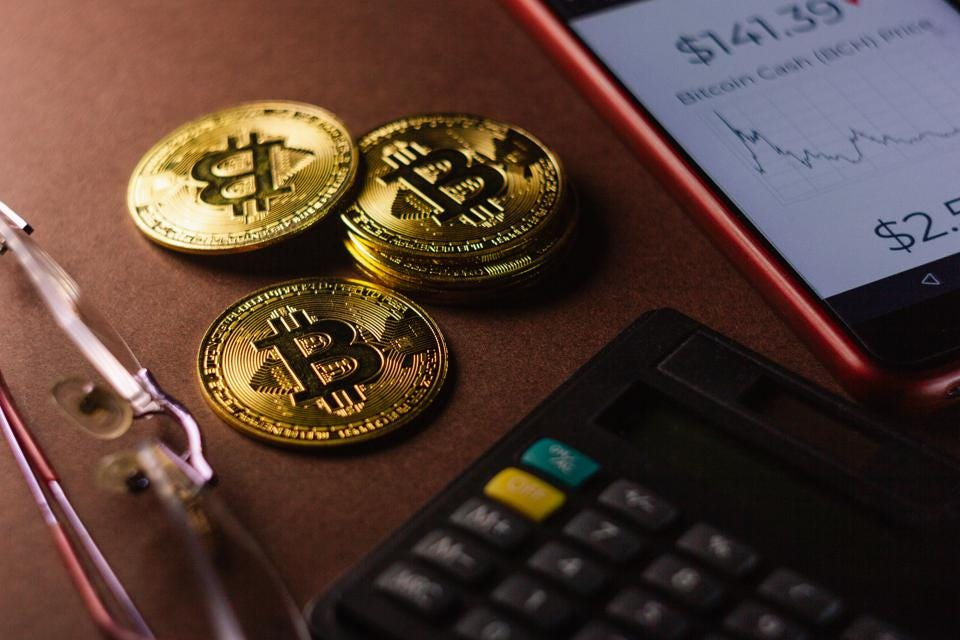With Bitcoin or any other cryptocurrency for that matter, users have the option to either make use of a third-party vendor or to act as self-custodians for their digital assets.

Self-custodianship is especially suitable for those users concerned about full control and security. While this does require some technical know-how, self-custodianship allows you to be your own head of security and banking official.
About Self-Custody Wallets
Important to know about crypto wallets is that, unlike analog wallets, they don’t actually contain your physical digital funds. Instead, they are used to store your private keys. These keys are necessary to access your digital funds from the blockchain.
The biggest benefit of self-custody crypto wallets is the fact that no third party will be able to gain access to your wallet’s secret keys. The other side of the coin, however, is that the security of your wallet becomes your sole responsibility.
Benefits Of Self-Custody
The number one benefit of self-custody is full and total control and the ability to make up your own mind about what to do based on news, and cryptocurrency exchange reviews.
It’s a fact that whoever control’s a wallet’s private access keys, has unlimited access to whatever assets are held within that wallet.
With the help of self-custodianship, it is possible to buy, store, make payments, and receive crypto tokens on your own terms, and whenever the need arises.
Self-custodianship also means never having to worry about who might gain access to your private keys.
About Hard Wallets
Hard wallets are actual physical storage devices used to store private cryptocurrency keys. They are regarded by many to be the most secure form of storage.
Once your hardware wallet has been configured, you will be provided with a recovery phrase as well as a four-digit PIN for accessing your wallet.
Since hard wallets are portable, these can be carried around much in the same way as actual cash. But unlike real money, nobody will know that you’re even carrying around a financial asset.
About Hot Wallets
Instead of being stored on actual hardware storage devices, hot wallets are online holding spaces for private keys.
While not as secure as hard wallets, hot wallets do provide much more utility.
The best hot wallets are those that support the so-called “lightning network”. This technology enables transactions that are both fast as well as cost-effective.
Why Self-Custody Is Best
Deciding to store your cryptocurrency on an exchange means running a real risk of being held “hostage” by the exchange (or even by government regulations).
In the past, exchanges have been known to freeze crypto transactions, set unreasonable limits on transactions, and even use crypto deposits to secure their own exposures.
This is why, given the willingness to acquire the necessary technical know-how, self-custodianship is mostly a much better option.
But even though self-custody means absolute control, it remains super important that you exercise great caution in keeping your crypto-assets safe by safeguarding the recovery phrase associated with your wallet. This will prevent thieves and cyber criminals from stealing your funds by means of hacking and other online shenanigans.



